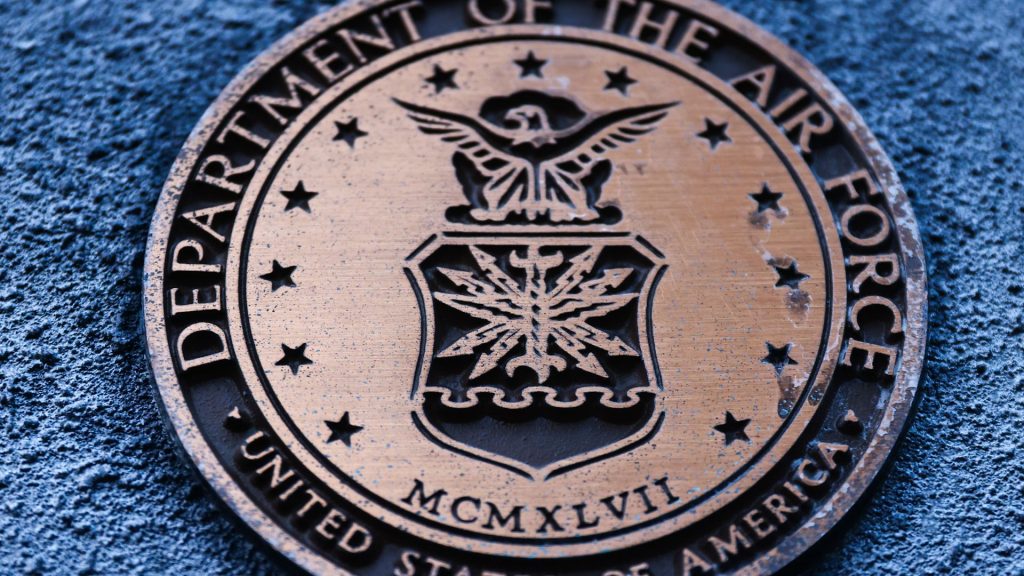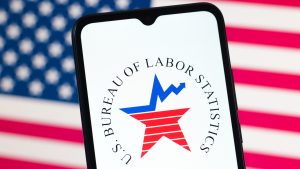Air Force denies transgender service members early retirement

Despite initially being promised the option to retire early, the United States Air Force and Space Force are now denying transgender service members that option, according to a new memo first reported by Reuters. In May, the Department of the Air Force said Airmen and Guardians with 15 to 18 years of service would be given the option to retire early with benefits under Temporary Early Retirement Authority (TERA), after the Trump administration announced a ban on trans service members.
This new memo, released Thursday, Aug. 7, rescinds that, now saying they are eligible for voluntary separation instead. Those who choose not to take it will be involuntarily separated.
In the memo, Brian Scarlett, the acting assistant secretary of the Air Force for manpower and reserve affairs, said all requests made under TERA had been denied — even if service members had already been “prematurely notified” their application was approved.
The TERA program was created during the military drawdown in the 90s. It was last used widely in 2013 to help manage budget cuts imposed by sequestration, according to Air & Space Forces Magazine.
What are the differences between retirement, voluntary separation and involuntary separation?
In most branches of the military, including the Air Force, service members become eligible for retirement after 20 years, which is why TERA exists.
Those who retire from the military are entitled to monthly payments, as well as health care benefits, post-9/11 GI Bill benefits and continued access to military facilities. Those who voluntarily separate usually just get separation pay, but can sometimes still receive retirement and veterans benefits.
According to the new memo, transgender troops who choose to voluntarily separate will get separation pay at twice the rate they would if they’re forced to involuntarily separate and they won’t have to repay any bonuses they got before May 15, but any other benefits will be waived.
The Department of Defense says those who are involuntarily separated from military service will be given a lump-sum payment and no further benefits.
“Full [involuntary separation pay] ISP is 10 percent of the product of the number of years of active service and 12 times the monthly basic pay to which the Service member was entitled at the time of discharge or release from AD/AS. Half ISP is 50% of the calculated amount of full separation pay.”
U.S. Department of Defense
What are critics saying?
Shannon Leary, a lawyer who represents LGBTQ+ people in employment discrimination cases, told the Associated Press she expects lawsuits to challenge Thursday’s decision.
“It seems quite arbitrary on its face and cruel,” the AP reported her saying. “These military members have dedicated their lives to serving our country.”
In February, when the ban was first announced, a group of 21 attorneys general from across the United States filed an amicus brief supporting transgender service members in their constitutional challenge to the order in the District Court for the Western District of Washington. There are also still legal cases pending. The Ninth Circuit and the D.C. Circuit Courts will issue decisions in the coming months.





